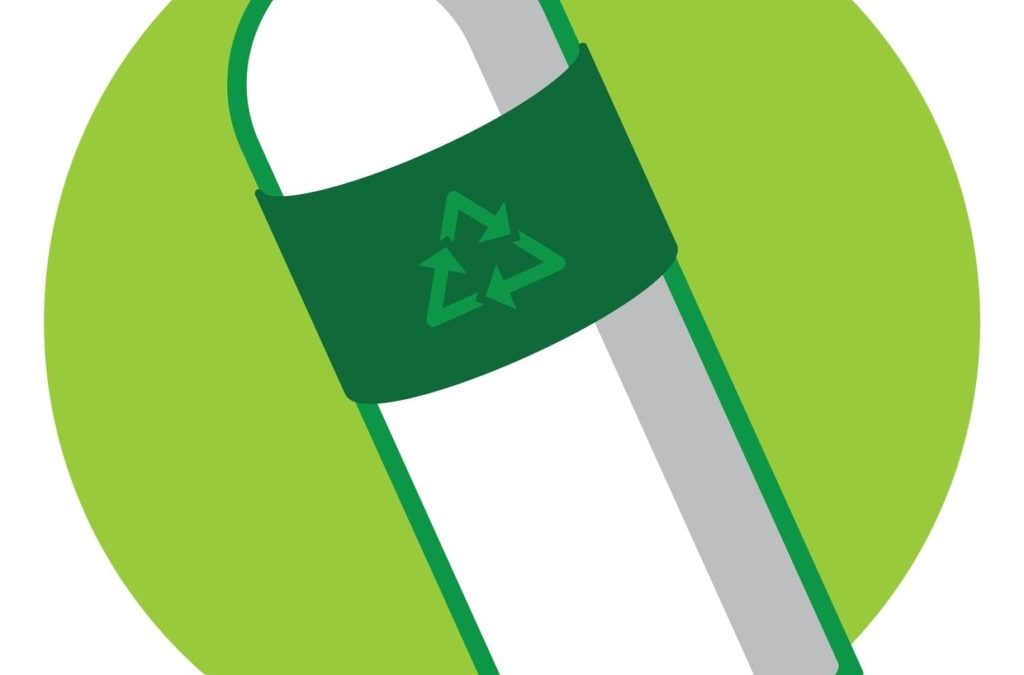“We live in a disposable society.
It’s easier to throw things out than to fix them.
We even give it a name – we call it recycling.”
— Neil LaBute
Looking back, plastic was supposed to be the wonder-product of the 20th century, but given its impact on the environment it has become harmful. And it seems that over the last 13 years the world has produced more plastic than during the entire previous century. It creates serious environmental problems – plastic pollution ends up in our rivers, oceans, air causing deaths to millions of marine animals every year. Therefore, it has become crucial that we recycle all plastic waste.
According to figures, the UK produces around 76kg (167lbs) of plastic waste per person every year, while in Sweden, it’s around 18kg (40lbs). And out of around 13 billion plastic bottles used per year by UK consumers, more than 3 billions are not recycled.
If we dig deeper, we can find out that there are more than 50 different types of plastics. Almost all types could be recycled, however some packaging may contain more than one polymer type which makes it problematic to reprocess. “Tricky” plastics cover black food trays used in many supermarkets. Due to its colour the sorting machines are unable to detect them, therefore they go to landfill. Some yoghurt pots, for example, are made from polystyrene which cannot be successfully sorted and therefore are not accepted at the sorting plant. The same applies to margarine tubs which are often shipped abroad for recycling as currently there isn’t such technology available in the UK. Some authorities now do allow residents to place plastic trays, pots and tubs in their kerbside collection but this is managed on a local rather than national basis.
When it comes to plastic bottles, they are the most frequently collected plastic type as they are normally heavier and are easy to sort and recycle in comparison to most other plastics. Nevertheless, a plastic bottle and a food tray, for example, couldn’t be recycled together as they melt at different temperatures.
Because there’s so much of plastic, it is so important to recycle it. The process reduces the amount of energy and natural resources (water, natural gas, etc.) needed to create virgin plastic. It could save the landfill space that should definitely be used for other purposes. While recycling is indeed important, one of the best ways to reduce the amount of plastic is to find alternatives.
This year more than 40 companies, including such consumer goods giants as Procter & Gamble, Coca-Cola, Marks & Spencer and Asda, have signed a deal to reduce plastic pollution by 2025.
However bad the problem was, it could be resolved if we think and act differently. If we all make an effort, the consequences of plastic impacts on the environment and on our health will be minimal.
At Greenleaf Cleaning, we’re very conscious of our environmental footprint and all our cleaners are taught how to recycle properly. If you’re looking for a London-based household/office cleaning provider, we’re more than happy to assist.
For more information visit our website Greenleaf Cleaning Company in London, Domestic and Commercial Cleaning Services.
Call us today at 0800 032 6248, or drop us an email with any queries you may have – info@greenleaf-cleaning.co.uk.

